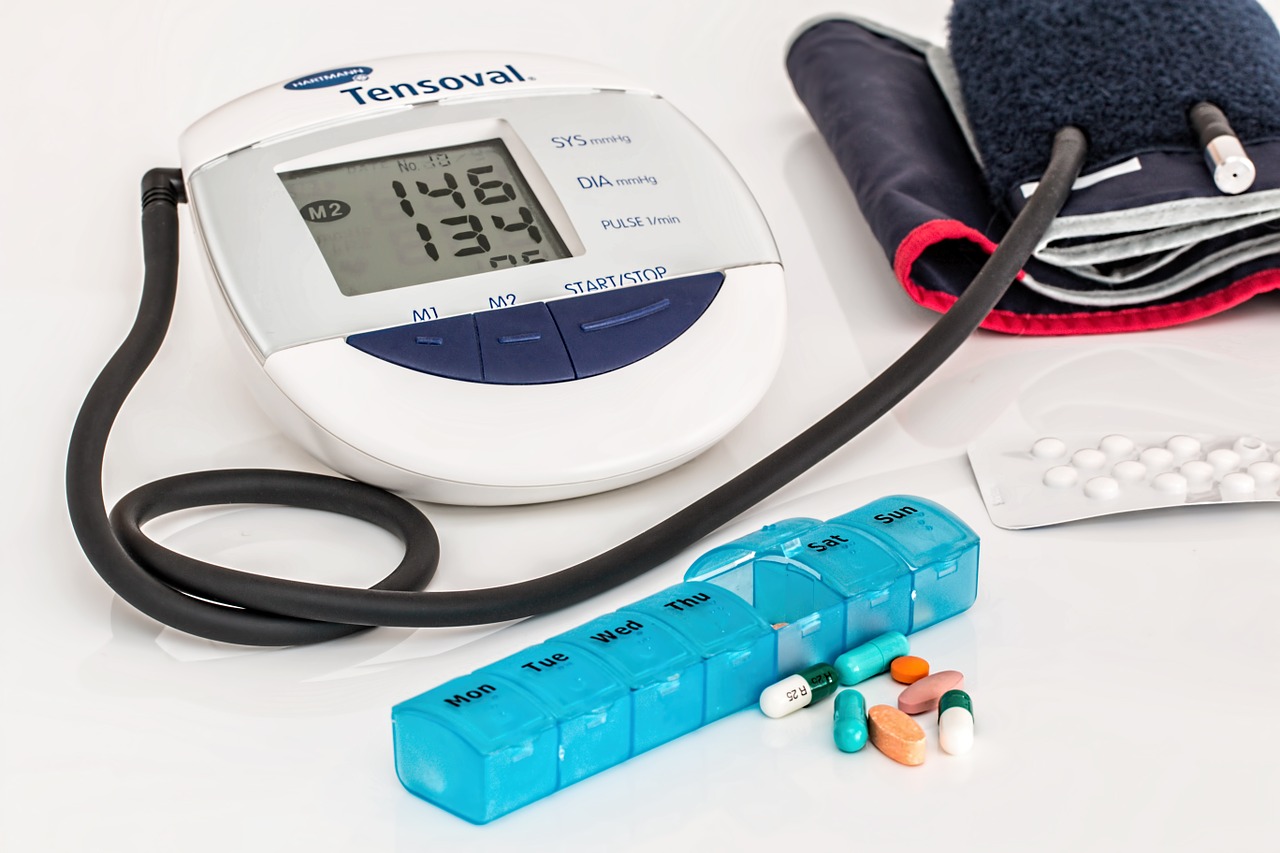
A new study has suggested that taking hypertension drugs at bedtime significantly lowers the risks of death or illness due to cardiovascular disease.
The study claimed that when people take hypertension drugs at bedtime, blood pressure is better controlled and risks of illness and death are lowered. The study involved data from almost 20,000 patients for a median of six years.
The researchers discovered that patients who took their medications at bedtime reduce their overall risk of dying from cardiovascular causes by almost 50% compared with those taking drugs in the morning.
Lead author Ramon Hermida, a professor and director of the bioengineering and chronobiology labs at the University of Vigo in Spain, said: “The time of day when you take your blood pressure-lowering medication counts."
The study covered 9,084 hypertensive patients, of which 10,614 were men and 8,470 were women. The patients, who all wore ambulatory blood pressure-measuring devices that kept track of blood pressure 24 hours a day, were randomly assigned to take their blood pressure-lowering medications first thing in the morning or at bedtime.
After considering factors such as age, gender, Type 2 diabetes, chronic kidney disease, smoking, cholesterol levels and previous cardiovascular events, the researchers found that the timing of medications made a difference.
Findings revealed that patients who took their medicine at night had significantly lower LDL cholesterol, higher HDL cholesterol and lower sleeping blood pressure compared with those who took their drugs in the morning.
Follow-up data also indicated that 3,246 patients experienced a cardiovascular event, of which 274 had heart attacks, 302 had procedures to open clogged arteries, 521 were diagnosed with heart failure, 345 had a stroke and 310 died of a cardiovascular cause.
The study results demonstrated that the bedtime group patients were 56% less likely to die of cardiovascular disease, 61% less likely to die of hemorrhagic stroke and 46% less likely to die of ischemic stroke.






